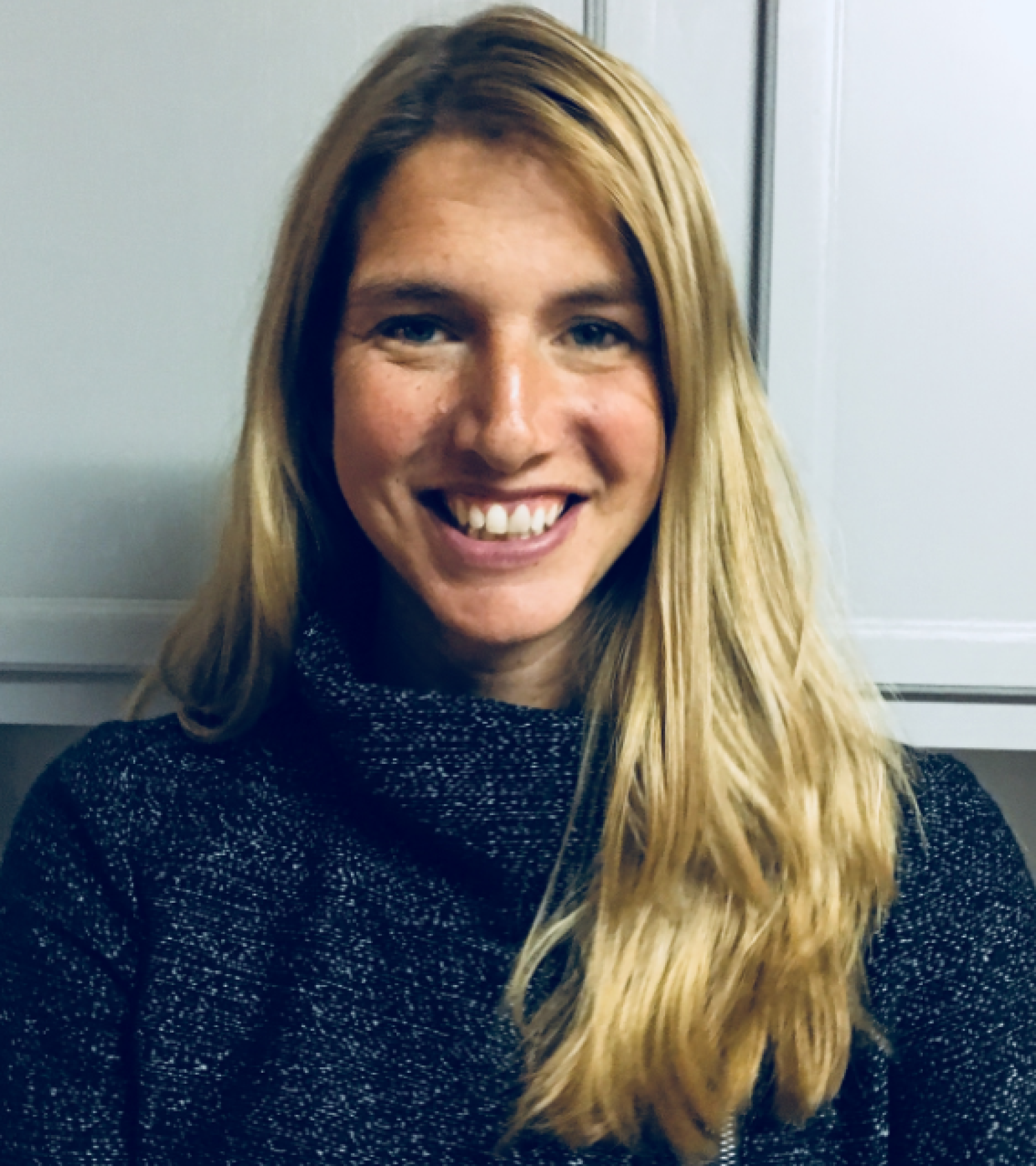Leanne Hirshfield
- ICS Faculty
- Research Professor
- INSTITUTE OF COGNITIVE SCIENCE

Office: Center for Innovation and Creativity room 182G
Office hours: Currently by appointment
Research Summary
Dr. Hirshfield’s research explores the use of non-invasive brain measurement to passively classify users’ social, cognitive, and affective states in order to enhance usability testing and adaptive system design. She works primarily with functional near-infrared spectroscopy (fNIRS), a relatively new non-invasive brain imaging device that is safe, portable, robust to noise, which can be implemented wirelessly; making it ideal for research in human-computer interaction. The high density fNIRS equipment in Hirshfield’s lab provides rich spatio-temporal data that is well suited as input into deep neural networks and other advanced machine learning algorithms. A primary tenet of Hirshfield’s machine learning research involves building and labeling large cross-participant, cross-task fNIRS training datasets in order to build robust and generalizable models that can avoid overfitting and succeed in ecologically valid environments outside the lab.
She oversees research efforts that focus on measuring and predicting cognitive load, emotional state, trust, suspicion, and situational awareness using the lab’s sensors. These objective measurements of human’s social, cognitive and emotional states can be applied to a number of research problems in the human performance, human-computer interaction, and communications domains. Hirshfield also applies these measurements to the human-machine teaming domain, where autonomous systems can adapt to human team members based on their mental states in order to improve overall team performance.
Hirshfield’s lab contains a 52-channel Hitachi ETG4000, an 8-channel ISS Oxyplex, a 4 channel wireless PLUX fNIRS, and a custom made camera-based (remote) fNIRS device. While much of her research focuses on fNIRS, Dr. Hirshfield also works extensively with EEG, galvanic skin response and heartrate sensors in her lab. She received her Ph.D.in Computer Science from Tufts University in 2009 having completed her undergraduate and M.S. degrees in Computer Science at Hamilton College and the Colorado School of Mines, respectively.


